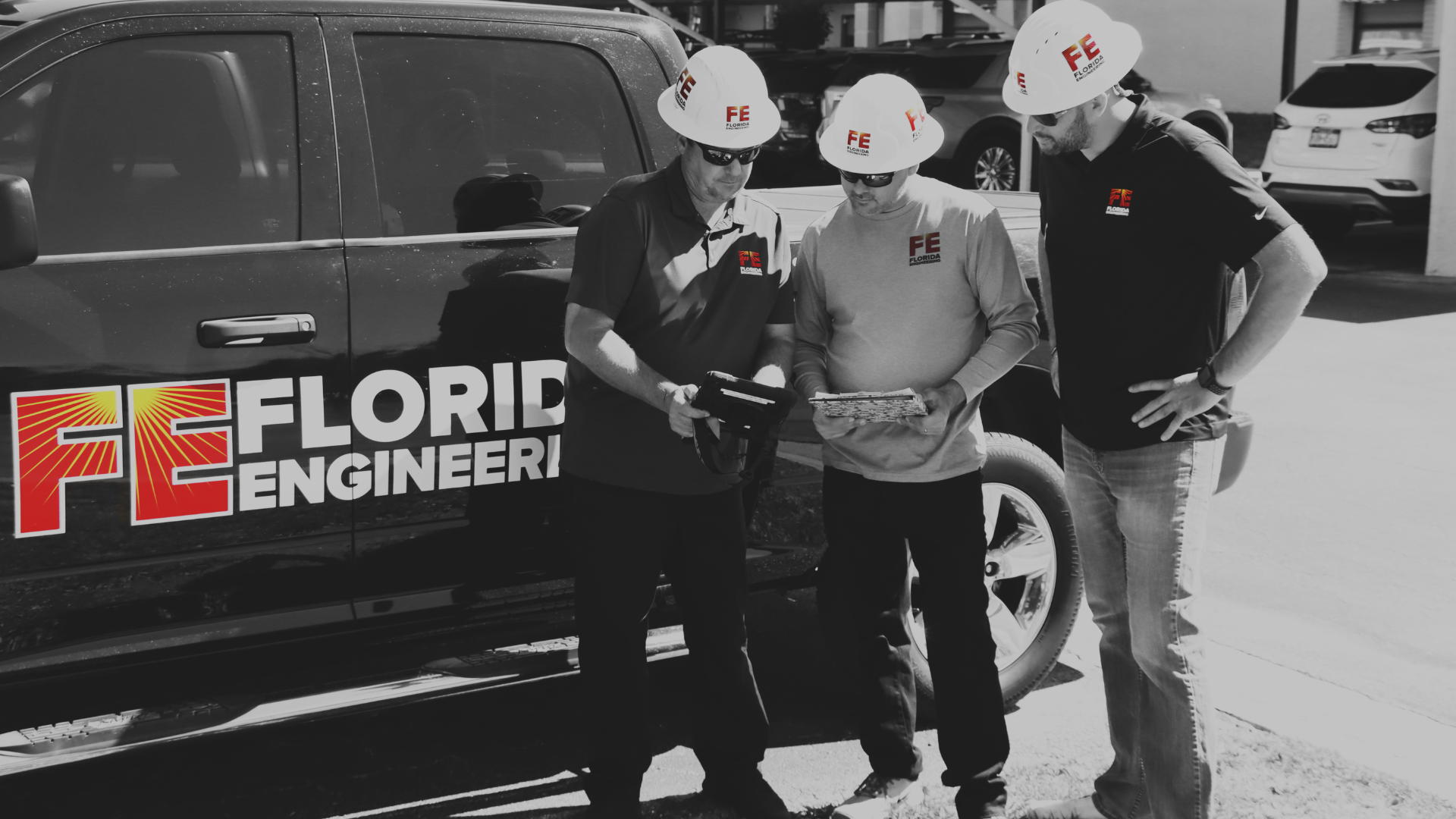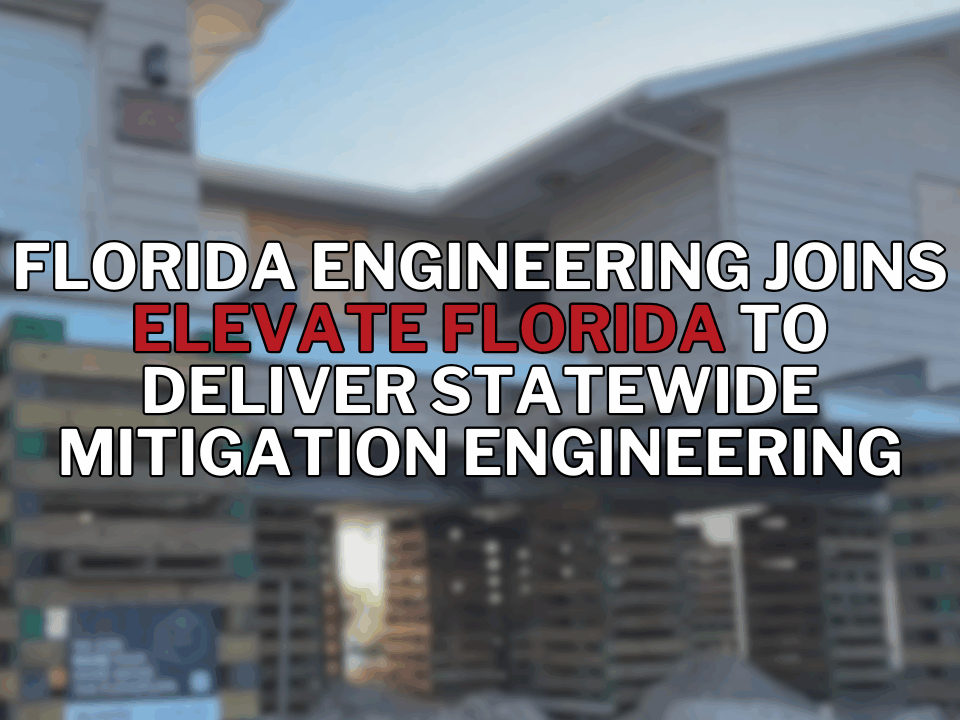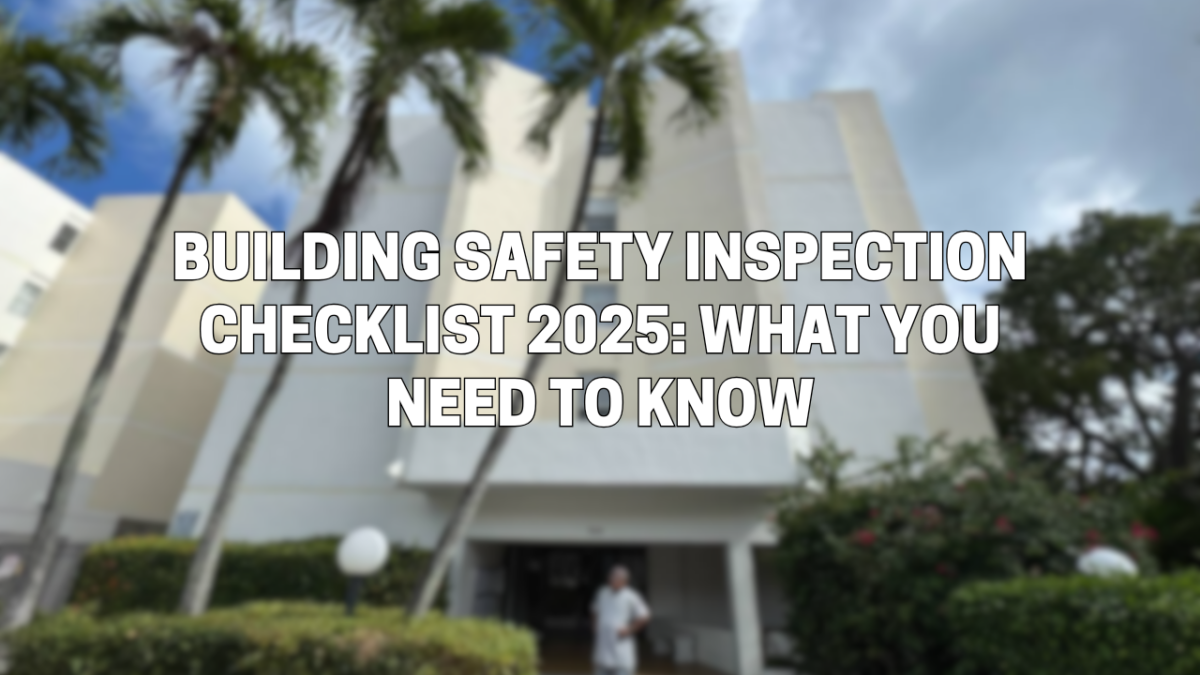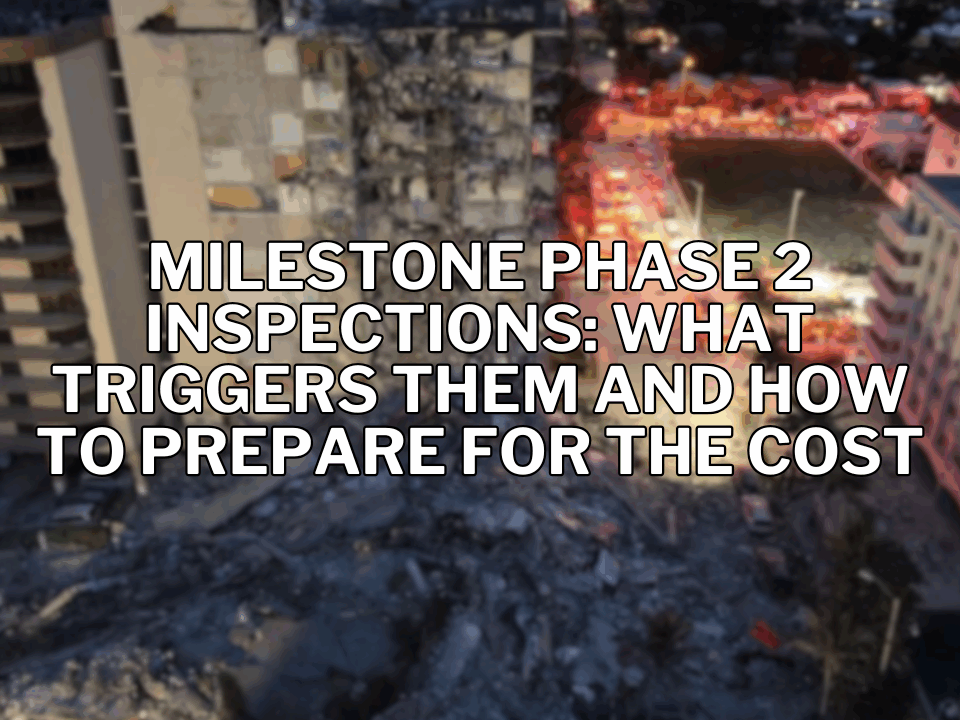Building safety inspections are critical for ensuring that properties in Florida remain safe, compliant, and structurally sound. Whether you’re a property manager, contractor, or homeowner, understanding the key aspects of building safety inspections can help you avoid costly repairs, meet regulatory requirements, and protect occupants. This article will address the most frequently asked questions about building safety inspections in 2025, providing actionable insights and expert advice.
Table of Contents
- What Are Building Safety Inspections?
- Top Questions About Building Safety Inspections in 2025
- Key Components of a Building Safety Inspection
- Common Issues Identified During Inspections
- How to Prepare for a Building Safety Inspection
- Expert Tips for Maintaining Building Safety
- Why Florida’s Climate Makes Inspections Essential
What Are Building Safety Inspections?
Building safety inspections are evaluations conducted by certified professionals to ensure that a structure meets local building codes, safety standards, and regulatory requirements. In Florida, these inspections are particularly vital due to the state’s unique weather conditions, including hurricanes, high humidity, and heavy rainfall.
Top Questions About Building Safety Inspections in 2025
- What are the new regulations for building safety inspections in Florida? Florida’s building codes are updated regularly to address evolving safety concerns. In 2025, there is increased emphasis on structural integrity, especially for aging buildings and those in hurricane-prone areas.
- How often should buildings undergo safety inspections?
- Residential buildings: Every 10 years or as required by local ordinances.
- Commercial properties: Annually or bi-annually, depending on the building type and usage.
- High-rise buildings: Inspections every 5 years for structural and electrical systems.
- What are the penalties for failing a building inspection? Non-compliance can lead to fines, mandatory repairs, or even evacuation orders for unsafe structures.
- Who is responsible for scheduling inspections? Typically, property owners or property managers are responsible for arranging inspections.
Key Components of a Building Safety Inspection
Structural Integrity
Inspectors examine the foundation, load-bearing walls, and roof to ensure the building can withstand environmental stresses.
Electrical Systems
Faulty wiring and outdated systems are common safety hazards identified during inspections.
Plumbing
Leaking pipes and poor drainage can lead to long-term structural damage.
Fire Safety
Inspection of fire alarms, sprinkler systems, and emergency exits ensures compliance with fire codes.
Exterior Elements
Balconies, handrails, and exterior cladding are assessed for wear and tear.
Common Issues Identified During Inspections
- Cracks in Foundation or Walls These can indicate settling or more severe structural problems.
- Water Damage Often caused by leaking roofs or poor drainage, water damage is a frequent issue in Florida’s humid climate.
- Electrical Hazards Old wiring and overloaded circuits pose significant risks.
- Corrosion Metal elements, such as rebar and handrails, are susceptible to corrosion due to salt air in coastal areas.
How to Prepare for a Building Safety Inspection
- Gather Documentation: Have permits, previous inspection reports, and maintenance records ready.
- Perform a Pre-Inspection: Address obvious issues, such as replacing damaged roof tiles or fixing leaks.
- Hire Qualified Inspectors: Ensure your inspector is licensed and experienced in Florida’s building codes.
Expert Tips for Maintaining Building Safety
- Conduct Regular Maintenance Proactive maintenance can prevent minor issues from escalating into major repairs.
- Stay Updated on Regulations Florida’s building codes are subject to change, so it’s essential to stay informed.
- Invest in Quality Materials Using durable, weather-resistant materials can extend the lifespan of your building.
- Schedule Post-Storm Inspections After hurricanes or severe weather, schedule an inspection to assess any potential damage.
Why Florida’s Climate Makes Inspections Essential
Florida’s humid climate, combined with the risk of hurricanes, makes regular building safety inspections a necessity. Salt air in coastal areas accelerates corrosion, while heavy rainfall can compromise foundations and drainage systems. Inspections ensure that buildings remain resilient against these environmental challenges.
Florida Engineering LLC and Building Safety Inspections
Building safety inspections are an essential part of property management in Florida. By addressing common concerns, following expert advice, and staying proactive, you can ensure your property remains safe, compliant, and prepared for the unique challenges of 2025.
Schedule your building safety inspection today with licensed professionals to protect your property and its occupants.
The Building Recertification Experts – Florida’s Condominium Inspections
- Phone: 941-391-5980
- Email: contact@fleng.com
- Address: 4161 Tamiami Trail, Suite 101, Port Charlotte, FL 33952
Connect With Us
Related Services
- Milestone Inspections
- Energy Calculation Services
- 25,30,40,50,60 Year Recertifications
- Pool Engineering Services
- Turnover Inspections
[This above text is for information purposes only and does not constitute engineering or legal advice. Please consult a professional engineer and licensed attorney for any specific answers to your questions about Milestone Inspections and the legal obligations milestone inspections entail.]






